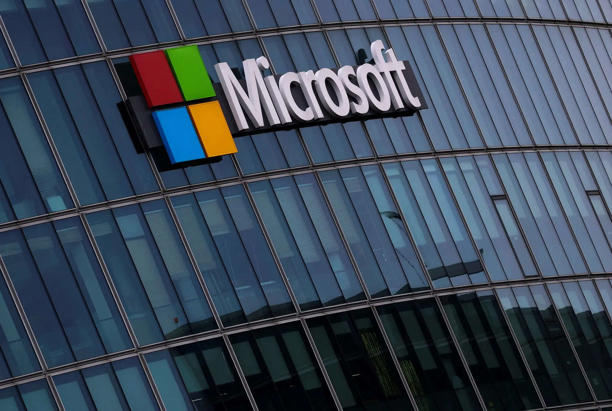A pivotal moment in global AI governance is unfolding as Microsoft signals its intent to sign the European Union’s voluntary Code of Practice for general-purpose AI, while Meta publicly declines, citing legal overreach and innovation risks.
Microsoft’s Supportive Stance
- Microsoft President Brad Smith confirmed the company is likely to sign the code, pending final review
- The code, crafted by 13 independent experts, requires signatories to:
- Publish summaries of training data
- Adhere to EU copyright law
- Implement transparency and safety protocols
- Smith welcomed direct engagement with the EU’s AI Office, viewing it as a constructive step toward responsible innovation
Meta’s Rejection and Industry Concerns
- Meta’s Chief Global Affairs Officer Joel Kaplan announced the company will not sign, calling the code legally uncertain and beyond the scope of the AI Act
- Meta joins 45 European companies in warning that the guidelines could stifle frontier AI development and hinder European startups
- The company prefers to wait for formal enforcement of the AI Act, which begins in August 2026
Implications for AI Regulation
- The Code of Practice offers legal clarity ahead of the AI Act’s full implementation, which includes fines up to 7% of global revenue for non-compliance
- OpenAI and Mistral have already signed, signaling a split among major players
- The EU aims to balance innovation with accountability, especially for models deemed to carry systemic risk
Sources: Reuters, TechCrunch, CNBC, Economic Times, Alpha Spread, Compliance Hub.

